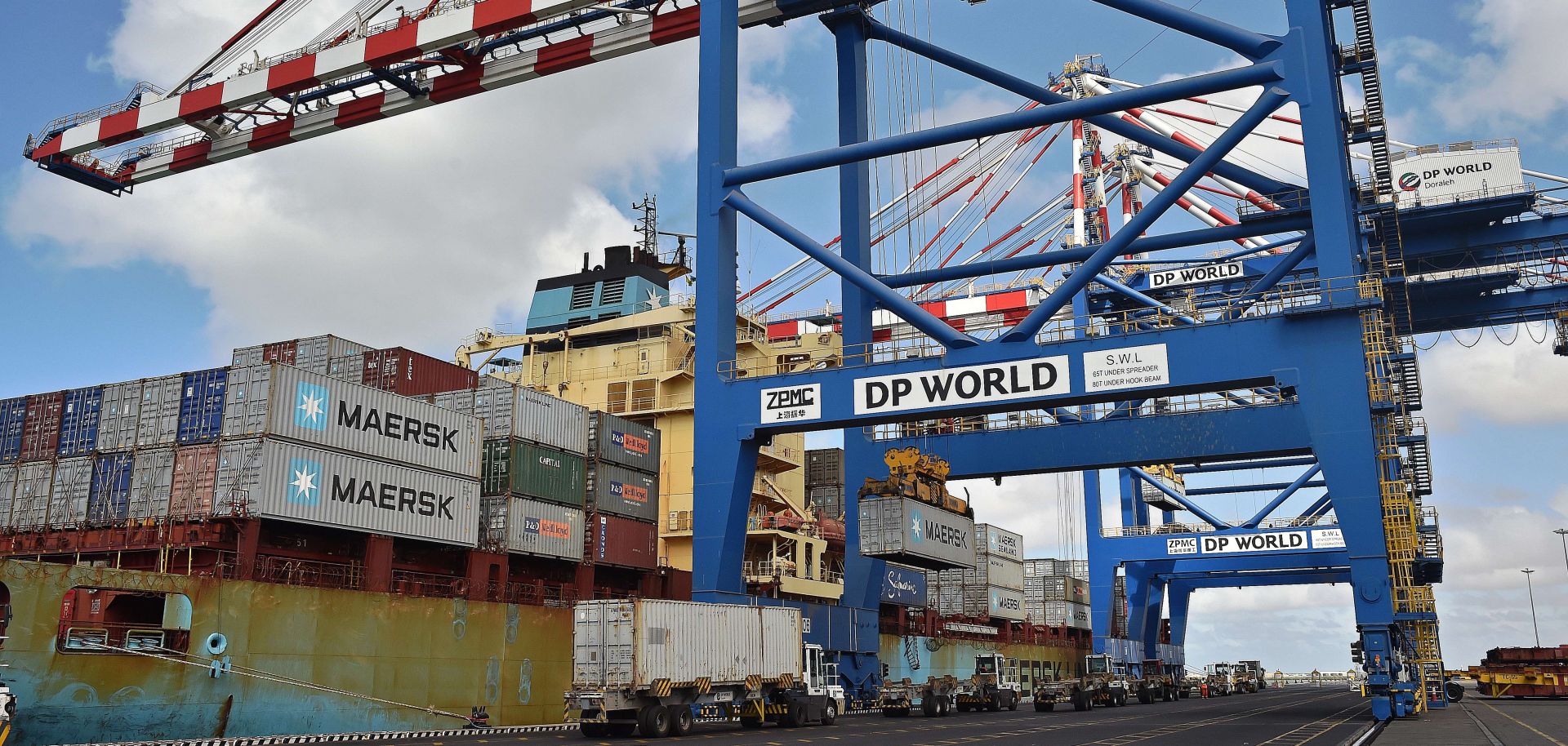GLOBAL PERSPECTIVES
How Development Finance Is Changing Geopolitics

Jul 11, 2018 | 10:00 GMT

A container ship pulls into Djibouti's Doraleh Port in 2015. China, which helped finance the port's development, has also built a military base next door.
(CARL DE SOUZA/AFP/Getty Images)
Highlights
- Since the 1980s, foreign direct investment (FDI) has grown dramatically, surpassing traditional aid funding, remittances and portfolio investments as the main source of external financing for developing countries.
- China has led the push toward FDI with infrastructure projects such as the Belt and Road Initiative.
- The flood of Chinese investment into international markets will force traditional development finance institutions, such as the World Bank, to rethink their approach to aid, and shape foreign affairs for years to come.
Subscribe Now
SubscribeAlready have an account?
